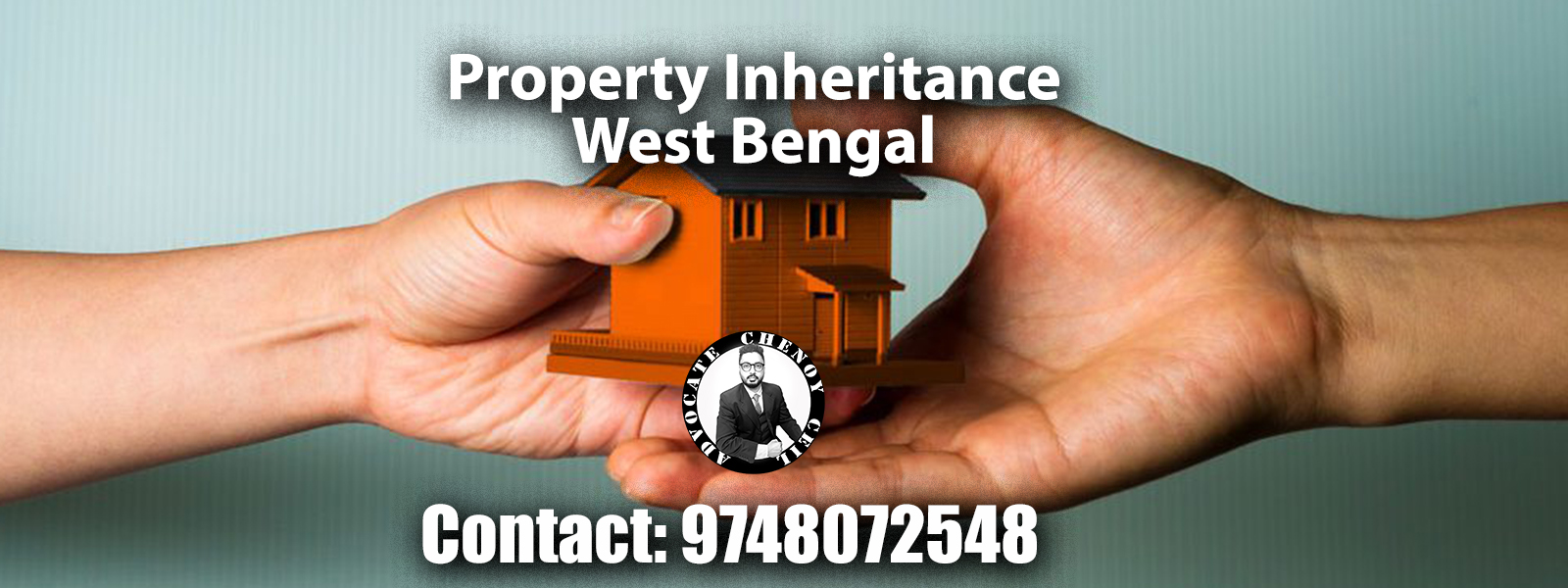The Act says that the property of a Hindu male dying intestate is first given to the heirs of class I and if there are no heirs of class I then it is given to the heirs of class II. If there are no heirs in class II, then the property is given to the deceased’s agnates or relatives through the male lineage and if there are no agnates or relatives through the male’s lineage, the property is given to the cognates or relatives through the female lineage. For help with inheritance laws in Kolkata, you must consult the best property lawyer or real estate lawyer in West Bengal and Kolkata.
Two classes of heirs:
CLASS I HEIRS :-
- Sons
- Daughters
- Widows
- Mothers
- Sons of a pre-deceased son
- Widows of a pre-deceased son
- Widows of a pre-deceased son of a pre-deceased son.
If there are more than one widow or multiple surviving sons or multiples of other heirs mentioned above then each person will be granted one share of the property.
CLASS II HEIRS :-
- Father
- Son’s / daughter’s son
- Son’s / daughter’s daughter
- Brother
- Sister
- Daughter’s / son’s son
- Daughter’s / son’s daughter
- Daughter’s / daughter’s son
- Daughter’s /daughter’s daughter
- Brother’s son
- Sister’s son
- Brother’s daughter
Overview of Succession to Property According to the sections of the Act
Section 8 of the Hindu Succession Act,1956 provides some provisions for the succession of property to the heirs of male Hindu dying intestate. This section divides the heirs of a male Hindu dying intestate under four classes:-
They are:—
(1) Relatives who are specified in class I of the Schedule
(2) Relatives who are specified in class II of the Schedule
(3) Agnates of the deceased
(4) Cognates of the deceased.
If the heirs are absent who were qualified under the act, the property of the intestate shall devolve on the government by escheat. The government is not classified as or entitled as heirs of the intestate.
The terms “dying intestate” apply when a male Hindu dies intestate without making any will or made an invalid will. The term property is also included and explained under the act.
The above-mentioned section or sections apply where on the death of a male Hindu intestate devolution of his property takes place after the commencement of the act and does not manage the succession to the property of a male Hindu whose death took place before the commencement of the act. However, for a male Hindu dying intestate in West Bengal or Kolkata, you must consult an experienced property lawyer who can guide you in such cases.
Case Law:
In the case, Bliagwat Prasad Bhagat & others v. Sanker Bhagat & others, the competent court held that section 6 cannot be used to govern the inheritance under the Hindu Succession Act and its explanation. Section 8 will govern the succession of property of widow, sons, daughters and they could inherit the property in equal shares.
Conclusion
The above-mentioned explanation talks about the male Hindu dying intestate and about their division of properties. The Hindu Succession Act was passed in the year 1956 which amend and codify the law of intestate or un-willed succession among Hindus. The above-specified body also says that if a Hindu person dies leaving no will or the will is missing then the wealth of the person will be divided on the basis of the “The Succession Act”. For further help with male Hindu dying intestate and the property transfer in such cases, consult one of the best property lawyers here.
